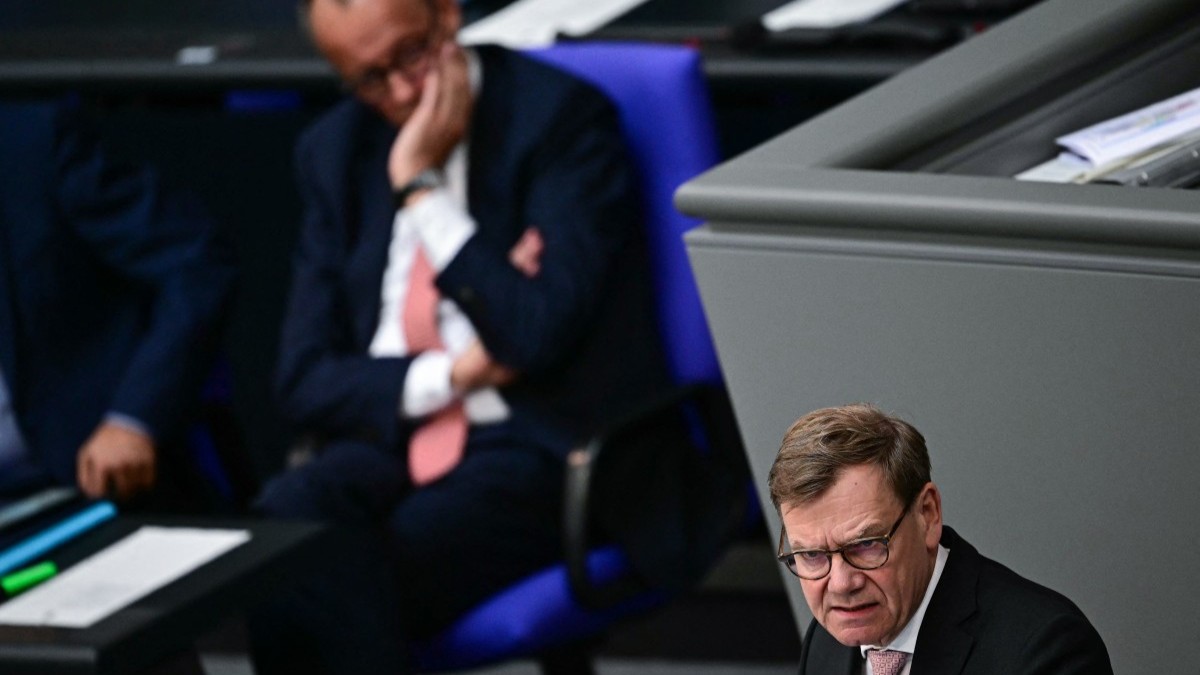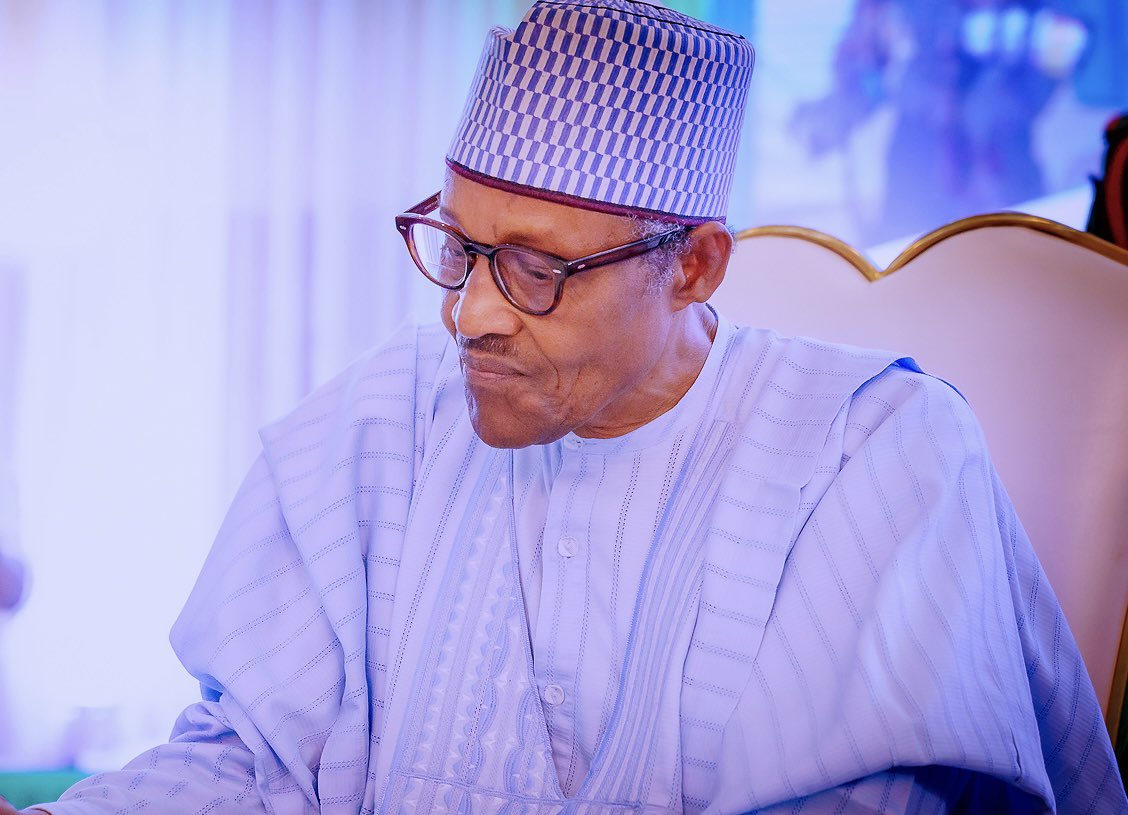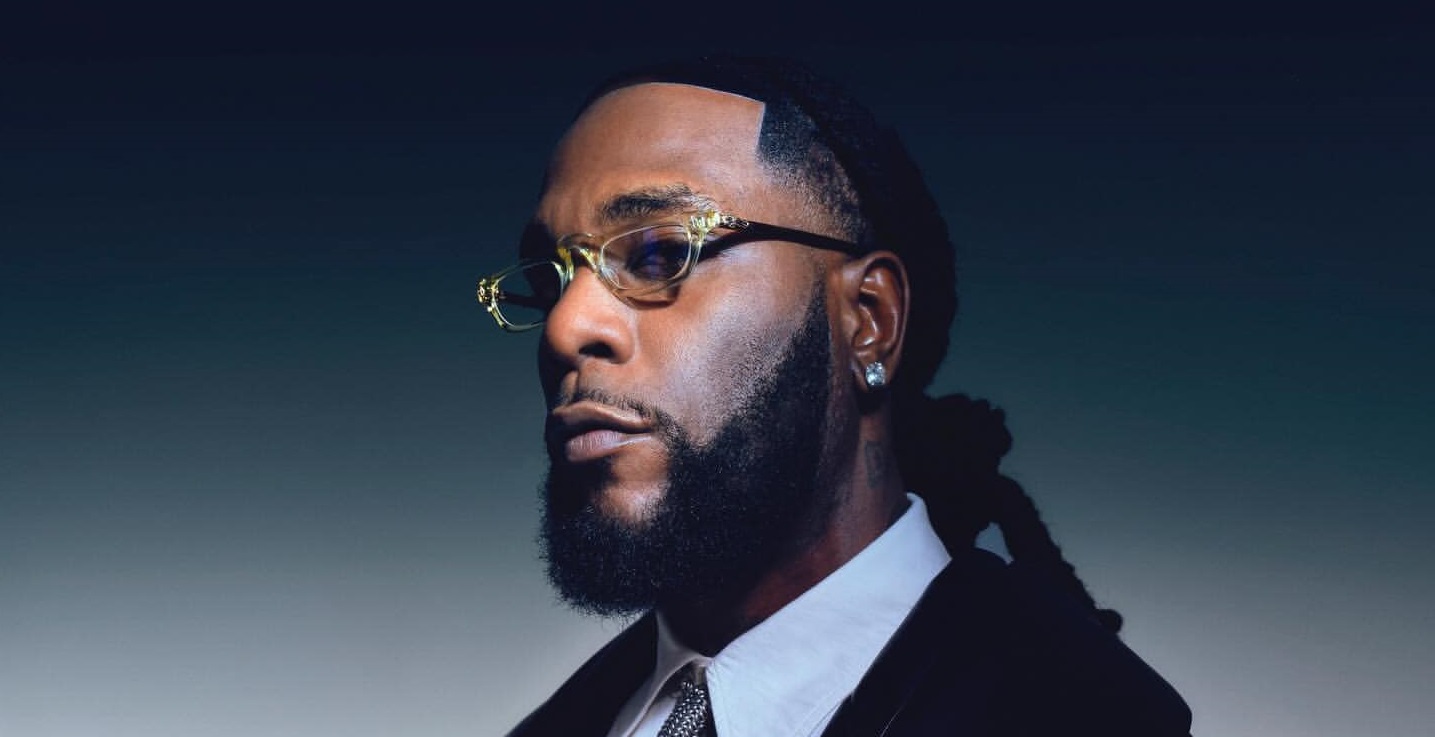The Ekiti State Government announced on Thursday, January 23, that the existing legal framework in the state does not recognize a Sharia Court or an Independent Sharia Arbitration Panel.
The statement was made by the state Commissioner for Justice and Attorney General, Dayo Apata, in response to news reports about the first public sitting of the Ekiti State Shari’ah Panel, which reportedly resolved two marriage disputes last week. The Ekiti State Sharia Panel had stated that its aim was to provide arbitration based on Islamic jurisprudence.
In his statement, Apata clarified that Ekiti State already has a legal structure in place, which handles matters related to Islamic, Christian, and traditional marriages and inheritance without conflict. He said, “There is an existing legal structure in Ekiti State (i.e. Customary Court, Customary Court of Appeal and High Court) that has been handling issues relating to Islamic, Christian and traditional marriages and inheritance without any rancour or agitation.”
Apata also cautioned against activities that could undermine the state government’s efforts to maintain peaceful coexistence among its residents, emphasizing, “Government will not compromise on any action that may hinder the prevailing peace and fester hostility in the state.”
Further addressing the issue, Apata noted that the Independent Sharia Arbitration Panel does not fall within the state’s judicial framework. He explained, “Arbitration and/or mediation issue is a quasi-judicial matter which is regulated by law” in Ekiti State.
Apata compared Sharia Courts in the North to Customary Courts in the South, stating, “The Sharia Courts in the North are equivalent to the Customary Courts in the Southern part of Nigeria. Wherein appeals from Sharia Courts in the North go to Sharia Court of Appeal, the state similarly has Customary Court of Appeal that hears appeals from the Customary Courts.”
He further stated that the state’s High Courts, along with all other courts, also have mechanisms for arbitration and mediation.
“The Customary Courts and the Customary Court of Appeal can effectively take care of any customary issues arising from Yoruba traditional marriages, Islamic marriages and Christian marriages, especially the ones that were not backed up by the statutory marriages which can only be dissolved by the state’s High Courts throughout Nigeria,” Apata concluded.
He also acknowledged the increasing political activity surrounding the 2026 governorship election in the state and suggested that opposition members, unable to challenge the state government’s performance, were resorting to unethical practices.









